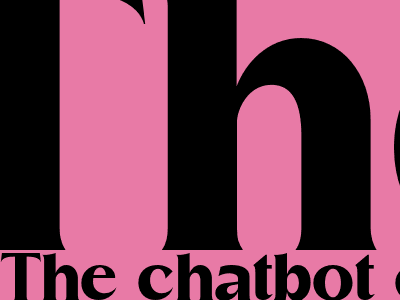
The Chatbot Optimization Game: Can We Trust AI Web Searches?
AI's Growing Role in Web Searches
In the ever-evolving world of search engine optimization (SEO), chatbots are rapidly emerging as a game-changer. These AI-powered tools offer numerous advantages, including personalized search results, 24/7 availability, and instant responses. However, as chatbots become increasingly sophisticated, a critical question arises: can we fully trust the information they provide in web searches?
Benefits and Drawbacks of Chatbot-Generated Results
Benefits:
- Personalized Results: Chatbots gather user data over time, enabling them to tailor search results based on past queries, preferences, and behavior.
- 24/7 Availability: Unlike human search engine evaluators, chatbots operate around the clock, providing instant assistance to users.
- Quick Responses: Chatbots process queries and deliver results in seconds, significantly improving user experience.
Drawbacks:
- Potential Bias: Chatbots rely on algorithms and data sets that may contain biases, leading to skewed or inaccurate search results.
- Limited Understanding: While chatbots can process language, their understanding of context and intent may not always be accurate, resulting in irrelevant or incomplete results.
- Reliance on Unverified Sources: Chatbots often gather information from various sources, including untrustworthy or outdated websites, which can affect the reliability of their responses.
Evaluating Trustworthiness of Chatbot Search Results
Given these potential drawbacks, it is crucial to evaluate the trustworthiness of chatbot-generated search results carefully. Here are some key factors to consider:
1. Check the Source:
Verify where the chatbot obtained the information. Reputable sources, such as established websites, academic journals, and government agencies, are more likely to provide accurate and reliable information.
2. Consider the Context:
Chatbots may present information without providing context or attribution. Make sure to ask for additional details or seek clarification to understand the broader context of the information provided.
3. Use Multiple Sources:
Do not rely solely on chatbot search results. Consult multiple sources, including traditional search engines, reputable websites, and subject matter experts, to verify the accuracy and completeness of the information.
4. Be Aware of Biases:
Chatbots may be influenced by biases in their underlying data sets or algorithms. Be skeptical of results that align too closely with your own beliefs or expectations.
5. Report Inaccurate Results:
If you encounter inaccurate or misleading information from a chatbot, report it to the chatbot provider. This feedback helps improve the quality and accuracy of chatbot responses.
Conclusion
While chatbots offer numerous benefits for web searches, it is essential to approach their results with a critical eye. By evaluating the trustworthiness of the source, considering the context, using multiple sources, being aware of biases, and reporting inaccurate results, users can leverage the advantages of chatbots while minimizing potential risks. As AI technology continues to advance, the chatbot optimization game will evolve, and users must remain vigilant in ensuring the accuracy and reliability of their web searches.